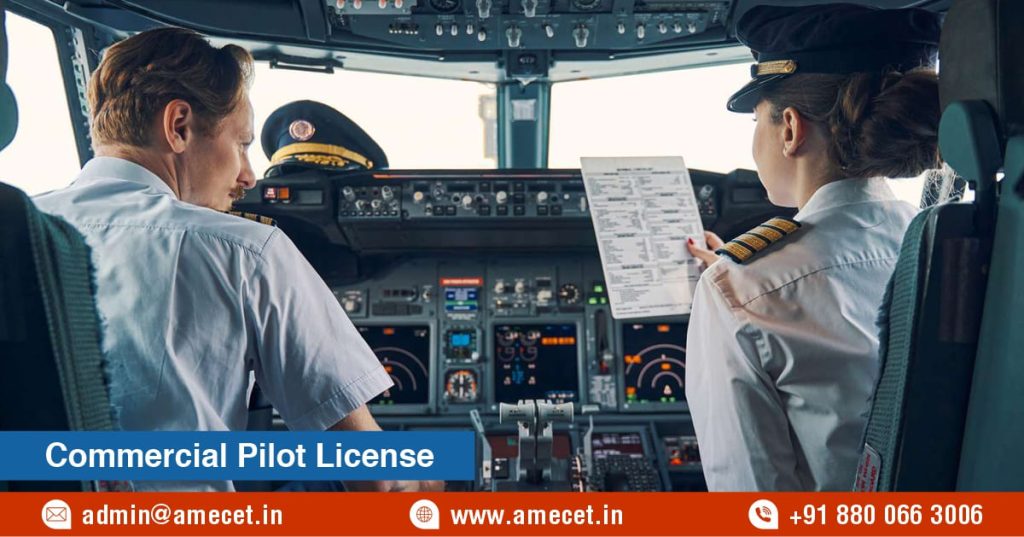What Is a Commercial Pilot License?
Posted on : 20 July, 2024 1:34 pm
A Commercial Pilot License (CPL) is a certification that allows individuals to operate aircraft professionally and receive compensation for their services. Obtaining a CPL involves rigorous training, including theoretical knowledge, flight hours, and practical exams. This license enables pilots to work for airlines, charter companies, and other aviation services. It requires a strong understanding of aviation regulations, navigation, weather, and aircraft operation. Holding a CPL opens up numerous career opportunities in the aviation industry, allowing pilots to pursue various roles such as airline pilot, flight instructor, or cargo pilot, making it a crucial step for aspiring professional aviators.

